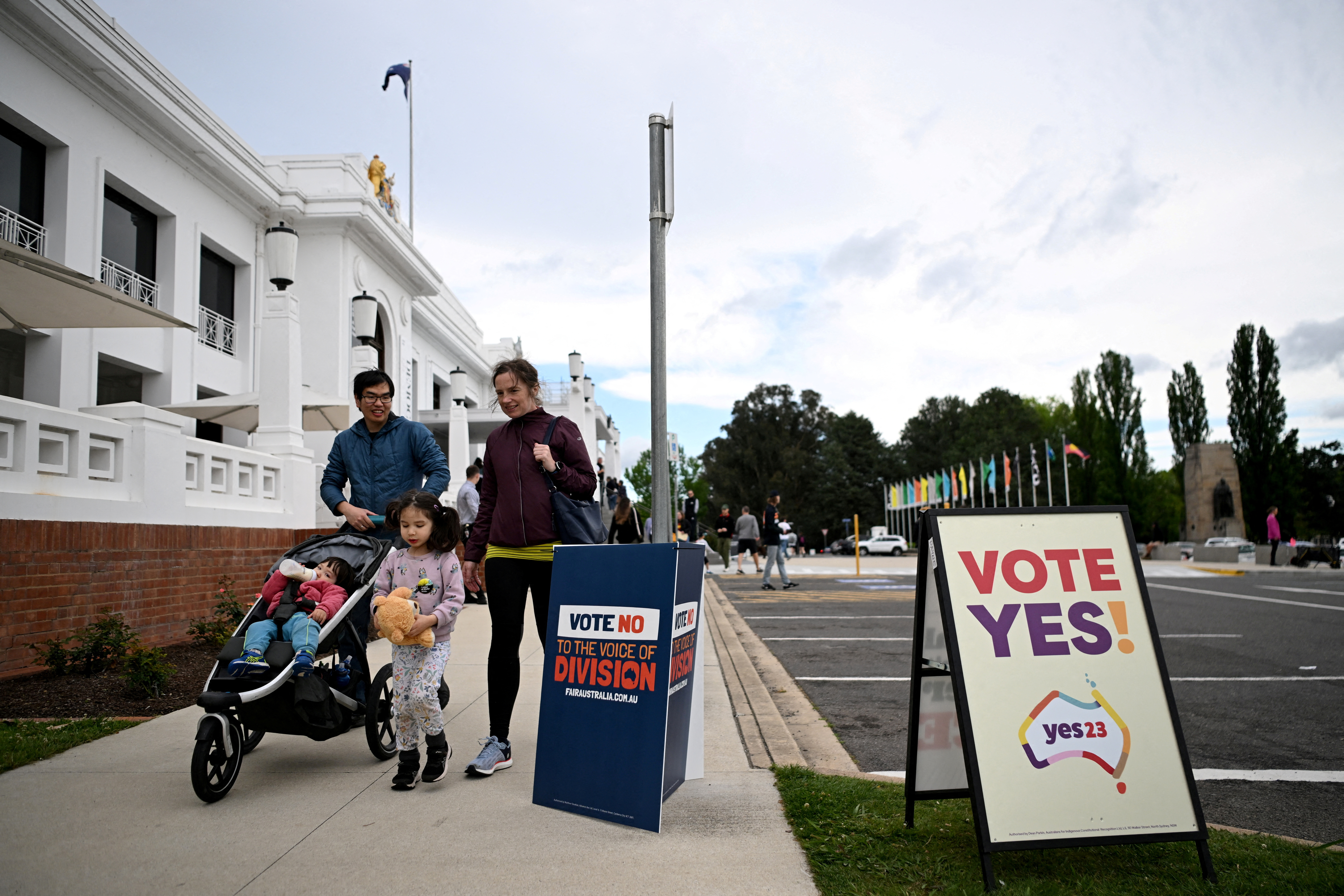Vietnamese police have arrested a high-ranking official who has been engaged in negotiations on labour reforms with foreign organisations, according to state media. The action is connected to the purported leak of confidential material, it further added.
Nguyen Van Binh’s custody comes after months of arrests of well-known academics and activists, which some diplomats saw as an additional crackdown on civil society in the midst of a significant reorganisation of the nation’s top political leadership in the Communist state.
Binh, 51, was in charge of managing labour law reforms as director general of the ministry’s legal affairs department, the labour ministry said on its website. He collaborated closely with the International Labour Organisation (ILO) on these reforms. According to the state-run Tuoi Tre newspaper, Binh was arrested on suspicion of purposefully disclosing state secrets, and authorities are expanding their probe.
The 88 Project, a human rights organisation that focuses on Vietnam, claims that Binh is a trade unionist who has pushed the government to strengthen worker protections and had been involved in the ratification of the ILO’s convention on the freedom of association and the right to organise, C087. If approved, this legislation will ensure that employees have the freedom to organise independent labour and trade unions without needing permission. Vietnam is obliged to ratify the convention under free trade agreements with the European Union and its Pacific trading partners; nevertheless, the approval procedure has been prolonged.
The ILO office in Vietnam issued a statement confirming that it was aware of the detention that had been reported by state media. “We are seeking further information in this regard and are unable to provide any additional comment at this time,” it said.
Without providing any more details, a foreign ministry official said that the public had been “fully informed” about the situation by state media.
According to The 88 Project, the arrest occurred months after the leaders of Vietnam issued a covert directive characterizing autonomous labour unions, along with nearly all international trade and collaboration, as a threat to national security. The so-called Directive 24 was released in July of 2023. The communist regime has demonstrated little interest in hearing from dissenting opinions and will not allow any resistance to its one-party rule. Critics face intimidation, harassment, and movement restrictions. As per Vietnam’s penal code, anyone found guilty of “deliberate disclosure of classified information” or “appropriation, trading, or destruction of classified documents” faces seven years in prison.
(With inputs from Reuters)





